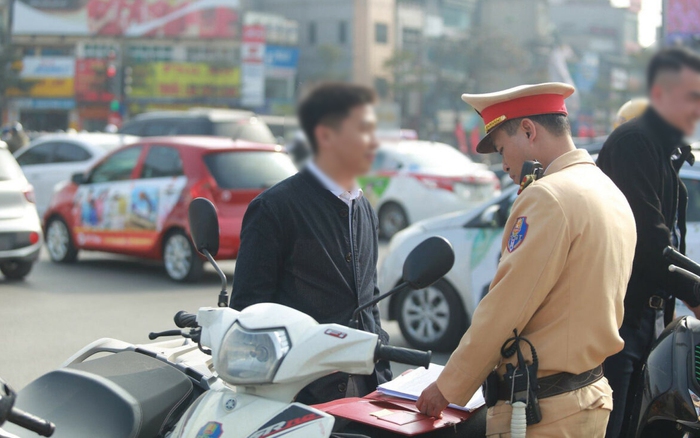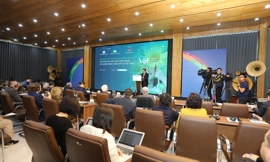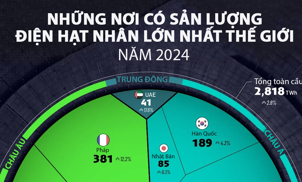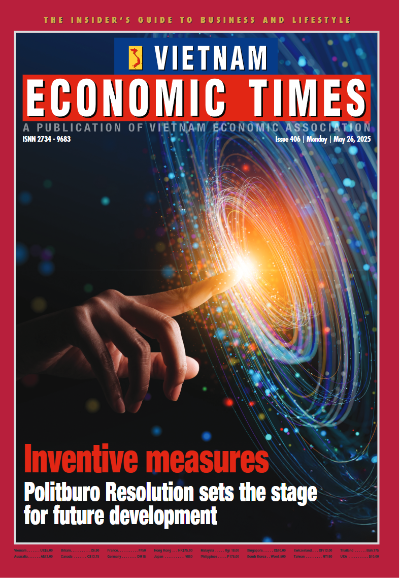From March 26th to 28th, specialized National Assembly deputies will convene to discuss draft legislation for the 15th National Assembly's 7th session, including the Bill on Road Traffic Order and Safety.
Significantly, the government has withdrawn its highly debated proposal to allow traffic police to deduct at least 70% of collected fines after they are paid into the state budget. This change is reflected in the latest draft law presented to the conference.
The original proposal, submitted to the National Assembly Standing Committee's 31st session, aimed to allocate at least 70% of collected fines, as well as a minimum of 30% of proceeds from license plate auctions, directly to the traffic police force.
However, this proposal has been removed from the latest draft, which now only addresses resource mobilization and utilization to maintain road traffic safety. The updated draft emphasizes budget allocations, facilities, modern equipment, and training to enhance the capabilities of traffic police forces.
Previous Concerns
During the 31st session of the National Assembly Standing Committee, Chairman of the Legal Committee Hoang Thanh Tung, questioned the potential impact of the proposed deduction policy on the state budget and expressed concerns about its compatibility with existing laws.
Mr. Tung emphasized that proceeds from administrative violation penalties must be fully paid into the state budget as stipulated by the Law on Handling of Administrative Violations. He suggested that funding for traffic police and traffic safety initiatives should either follow existing budgeting practices or be addressed through clearly defined general policy principles.
Furthermore, he questioned the fairness of having deductions specific to traffic fines when other areas of administrative enforcement lack similar provisions.
Mr. Tung also highlighted inconsistencies between the proposal and both Resolution 73 of the National Assembly on piloting license plate auctions and the Law on Management and Use of Public Assets.
Both stipulate that proceeds from public asset disposal (including vehicle license plate auctions) must first be deposited in a temporary state treasury account, with remaining funds paid into the state budget after deducting related costs.
The National Defense and Security Committee also requested that the government further clarify its reasoning behind the proposal in its explanatory report to the National Assembly Standing Committee.







![[Interactive]: Toàn cảnh kinh tế Việt Nam tháng 7/2025](https://media.vneconomy.vn/302x182/images/upload/2025/08/0675413e3e-4a53-4c15-ae1f-e8883264607e.png)

![[Phóng sự ảnh] Những điểm nhấn đặc biệt sẽ xuất hiện tại đại nhạc hội “Tổ quốc trong tim”](https://premedia.vneconomy.vn/files/uploads/2025/08/10/51be9bdd24cf4dfc86a030e2b6e3db11-2906.jpg?w=302&h=182&mode=crop)



